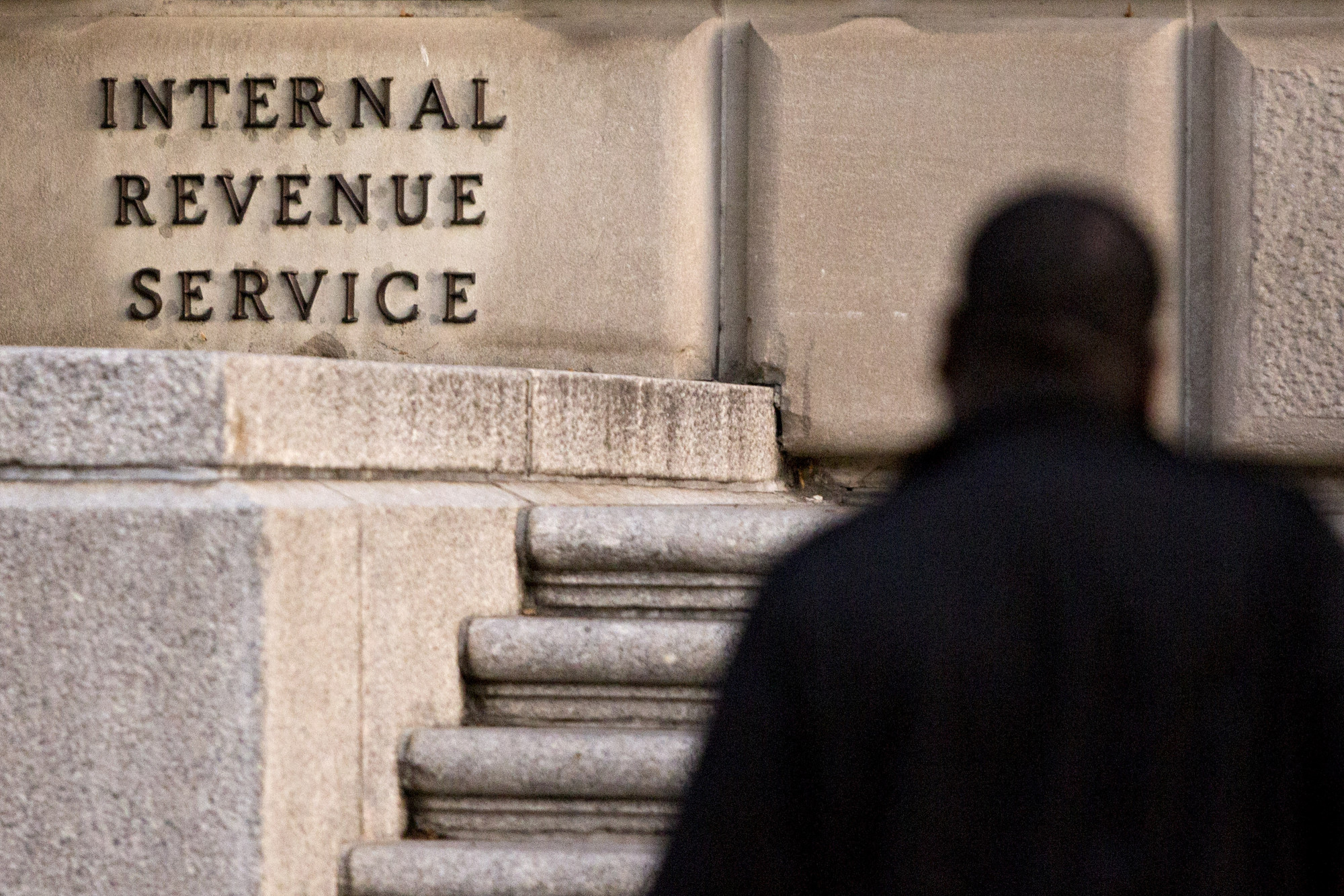The Internal Revenue Service released the final regulations and other guidance on the limitation on the deduction for business interest expenses under the Tax Cuts and Jobs Act of 2017, which was amended by the CARES Act earlier this year.
The 2017 tax overhaul limited the business deduction as a way of helping pay for the $1.5 trillion set of tax cuts, but the $2 trillion legislative package approved in March by Congress temporarily eliminated some of the restrictions as a way to help businesses cope with the impact of the novel coronavirus pandemic.
Under the TCJA, for tax years starting after Dec. 31, 2017, business interest expense deductions are generally limited to the sum of:
- The taxpayer’s business interest income;
- 30 percent (or 50 percent, as applicable) of the taxpayer’s adjusted taxable income; and,
- The taxpayer’s floor plan financing interest expense.
However, thanks to the CARES Act, the business interest expense deduction limitation won’t apply to certain small businesses whose gross receipts are $26 million or less, electing real property trades or businesses, electing farming businesses, and certain regulated public utilities. The $26 million gross receipts threshold applies for the 2020 tax year and will be adjusted annually for inflation.
A real property trade or business, or a farming business, can elect to be exempted from the business interest expense limitation. However, taxpayers can’t claim the additional first-year depreciation deduction for certain types of property held by the electing trade or business.
Taxpayers have to use Form 8990, “Limitation on Business Interest Expense Under Section 163(j),” to calculate and report their deduction and the amount of disallowed business interest expense to carry forward to the next tax year.
Along with the final regulations, the IRS also issued extra guidance related to the business interest expense deduction limitation. The proposed regulations spell out additional guidance on different business interest expense deduction limitation issues not addressed in the final regs, including more complex issues pertaining to the amendments made by the CARES Act. Subject to some restrictions, taxpayers can rely on some of the rules in the proposed regs until final regulations implementing the proposed regulations are published in the Federal Register.
Comments and requests for a public hearing on the proposed rules need to be received within 60 days of the date of filing for public inspection with the Federal Register.
Another piece of new guidance, in Notice 2020-59, has a proposed revenue procedure that offers a safe harbor permitting taxpayers who are engaged in a trade or business that manages or operates qualified residential living facilities to treat it as a real property trade or business solely for purposes of qualifying as an electing real property trade or business. Comments on the proposed revenue procedure must be sent by Sept. 28, 2020.
Other new guidance comes in the form of Aggregation FAQs that offer a general overview of the aggregation rules that apply for purposes of the gross receipts test, and that apply to decide whether a taxpayer is a small business that’s exempt from the business interest expense deduction limitation.